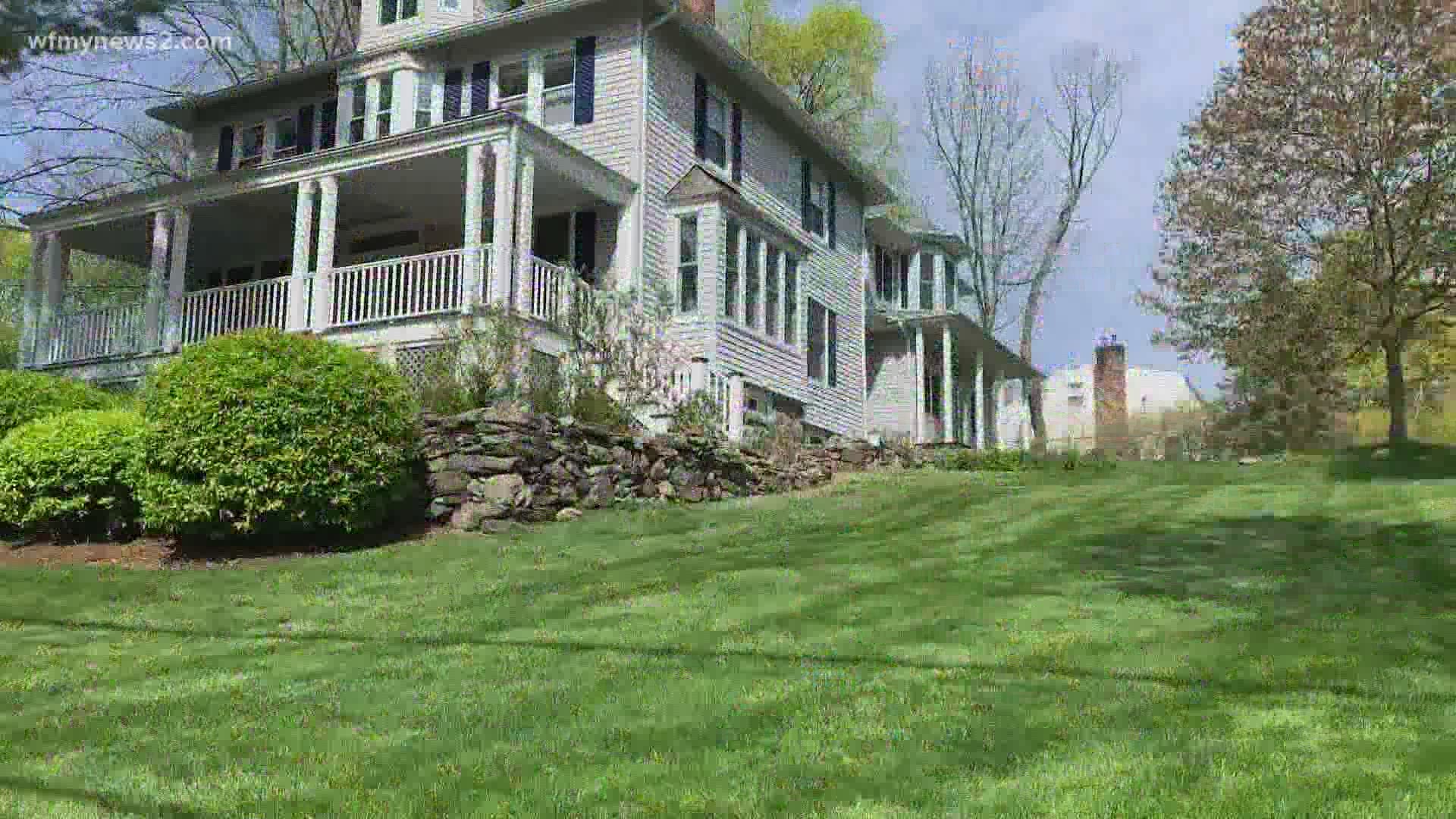GREENSBORO, N.C. — Are you trying to keep up with your neighbor’s immaculate green lawn? It turns out it’s probably better for your community and the environment if you don’t. Consumer Reports tells us why a perfect carpet of green lawn isn’t so green.
Some synthetic lawn-care products may be helpful to your yard in the short term but over time, experts say they can actually harm beneficial organisms in the soil and won’t lead to a healthy ecosystem in the long run.
What’s more, Consumer Reports says research has linked many lawn chemicals, even at low levels, to potential health problems
You can track pesticides into your home from the lawn, where they can get into the dust on your floor and your carpet. Children could be exposed to that.
Several common lawn pesticides are suspected to be linked to a variety of conditions like diabetes, and reproductive and developmental problems.
And lawn chemicals don’t always stay on your lawn. Fertilizers can be a source of water pollution, sometimes sinking deep into the soil and into local waterways or groundwater.
The pesticide and fertilizer industry maintains that the Environmental Protection Agency’s approval of existing lawn pesticides means the chemicals should be safe to use as directed on the label. But many safety advocates say the EPA’s testing requirements are outdated. Standard EPA tests don’t reflect the latest in toxicological sciences. Therefore, some significant effects of pesticides can go undetected.
It may seem counterintuitive but cut back on watering your lawn. Watering less will encourage the grass to grow deeper roots and develop resistance to drought. And because watering at night can actually promote fungus, water only during the early morning.
And while it gets a bad rap, clover is especially good for your lawn. It adds nitrogen and keeps other weeds at bay.
When it’s time to mow, CR’s lawn-care experts advise you keep the grass a little taller, about 3 or 4 inches. Keep the blades on your mower sharp and use the mulching mode, which will cut the grass into fine clippings and deposit them back into the soil. Grass clippings actually contain many of the same nutrients found in chemical-based fertilizers.
And CR says that when it comes to planting your garden, embrace native plants! They have evolved to thrive exactly where they are. And they’ll attract local birds, and beneficial insects, and pollinators.

